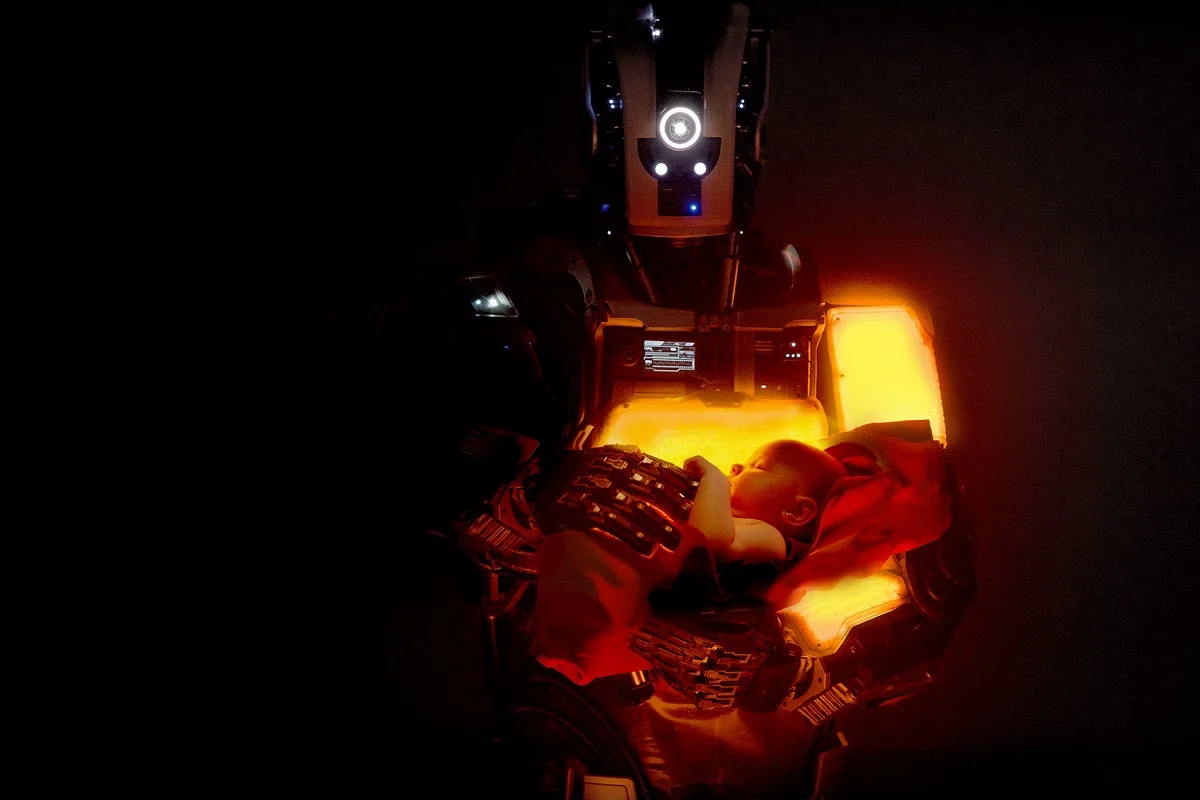Scientists from China have developed AI to care for embryos in an artificial womb

Scientists at the Suzhou Institute of Biomedical Engineering and Technology (an affiliate of the Chinese Academy of Sciences) have developed an AI for cultivating and caring for embryos. Researchers believe that their development will allow women in the future to refuse to bear a fetus naturally. Instead, the baby will grow inside an artificial womb. With the recognition of technology at the level of legislation, this method in the future will increase the birth rate, which has fallen significantly over the past decade.
The apparatus for continuous cultivation of embryos is a box where the embryos of mice are grown in containers filled with a nutrient mixture, placed in rows.
Institute professor Sun Haixuan is leading a team to build a robotic AI that can control and care for embryos. It is assumed that a robot in a special laboratory with artificial wombs will move from one container with an embryo to another, monitoring their condition, adjusting parameters and recording observations. Now these manipulations have to be performed by a person in manual mode.
According to scientists, the robotic "nanny" acts better than a person, because it has the highest possible accuracy of work. Through the use of a photographic process, AI is able to produce sharp images of maximum depth and instantly switch between multiple lenses. This enables the robot to detect even small deviations and accurately correct CO2, nutrition and environmental influences.

In addition, AI will be able to sort embryos by health status and development potential. If the embryo develops any significant abnormalities or its death, the system will give an alert. Also, the robot will be able to self-learn based on new phenomena that a person could miss.
The apparatus for continuous cultivation of embryos is a box where the embryos of mice are grown in containers filled with a nutrient mixture, placed in rows.
Institute professor Sun Haixuan is leading a team to build a robotic AI that can control and care for embryos. It is assumed that a robot in a special laboratory with artificial wombs will move from one container with an embryo to another, monitoring their condition, adjusting parameters and recording observations. Now these manipulations have to be performed by a person in manual mode.
According to scientists, the robotic "nanny" acts better than a person, because it has the highest possible accuracy of work. Through the use of a photographic process, AI is able to produce sharp images of maximum depth and instantly switch between multiple lenses. This enables the robot to detect even small deviations and accurately correct CO2, nutrition and environmental influences.

In addition, AI will be able to sort embryos by health status and development potential. If the embryo develops any significant abnormalities or its death, the system will give an alert. Also, the robot will be able to self-learn based on new phenomena that a person could miss.





There are no comments yet :(